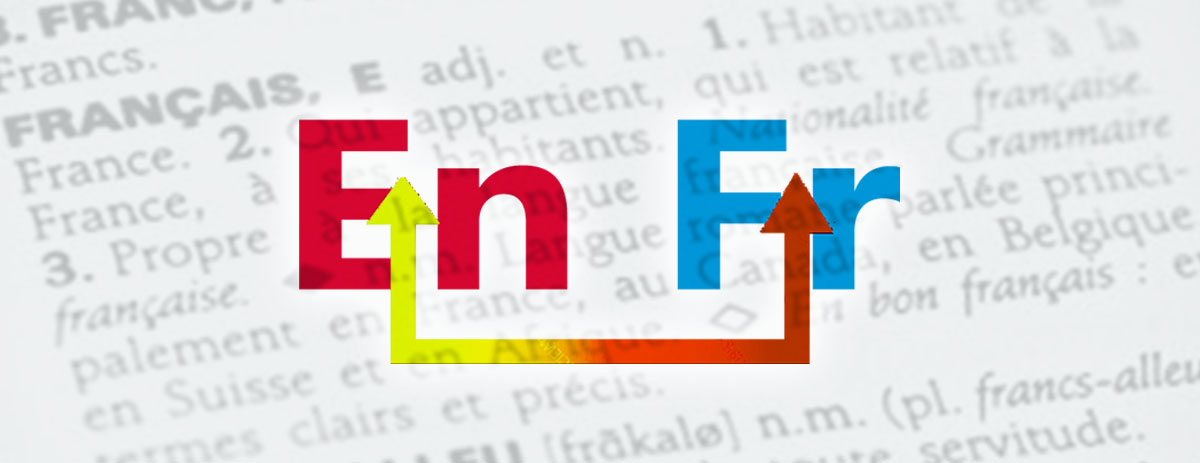Logique floue
Domaine
Définition
isonnement incluant toutes les possibilités intermédiaires entre les valeurs vrai ou faux. La logique conventionnelle des systèmes informatiques déterministes, c'est-à-dire qui ne relèvent pas du domaine de l'IA, repose sur les valeurs vrai ou faux, équivalentes au oui ou non des humains. Capables de prendre en charge la logique floue, les humains, et l'IA, intègrent, en plus, un certain nombre de nuances entre ces valeurs, comme par exemple les valeurs souvent ou rarement qui peuvent s'intercaler entre les valeurs toujours et jamais.
Termes privilégiés
Anglais
Fuzzy logic
Fuzzy logic is a form of many-valued logic in which the truth values of variables may be any real number between 0 and 1. It is employed to handle the concept of partial truth, where the truth value may range between completely true and completely false.[1] By contrast, in Boolean logic, the truth values of variables may only be the integer values 0 or 1.
The term fuzzy logic was introduced with the 1965 proposal of fuzzy set theory by Lotfi Zadeh.[2][3] Fuzzy logic had however been studied since the 1920s, as infinite-valued logic—notably by Łukasiewicz and Tarski.[4]
Fuzzy logic has been applied to many fields, from control theory to artificial intelligence.

Contributeurs: Evan Brach, Claude Coulombe, Jacques Barolet, wiki






